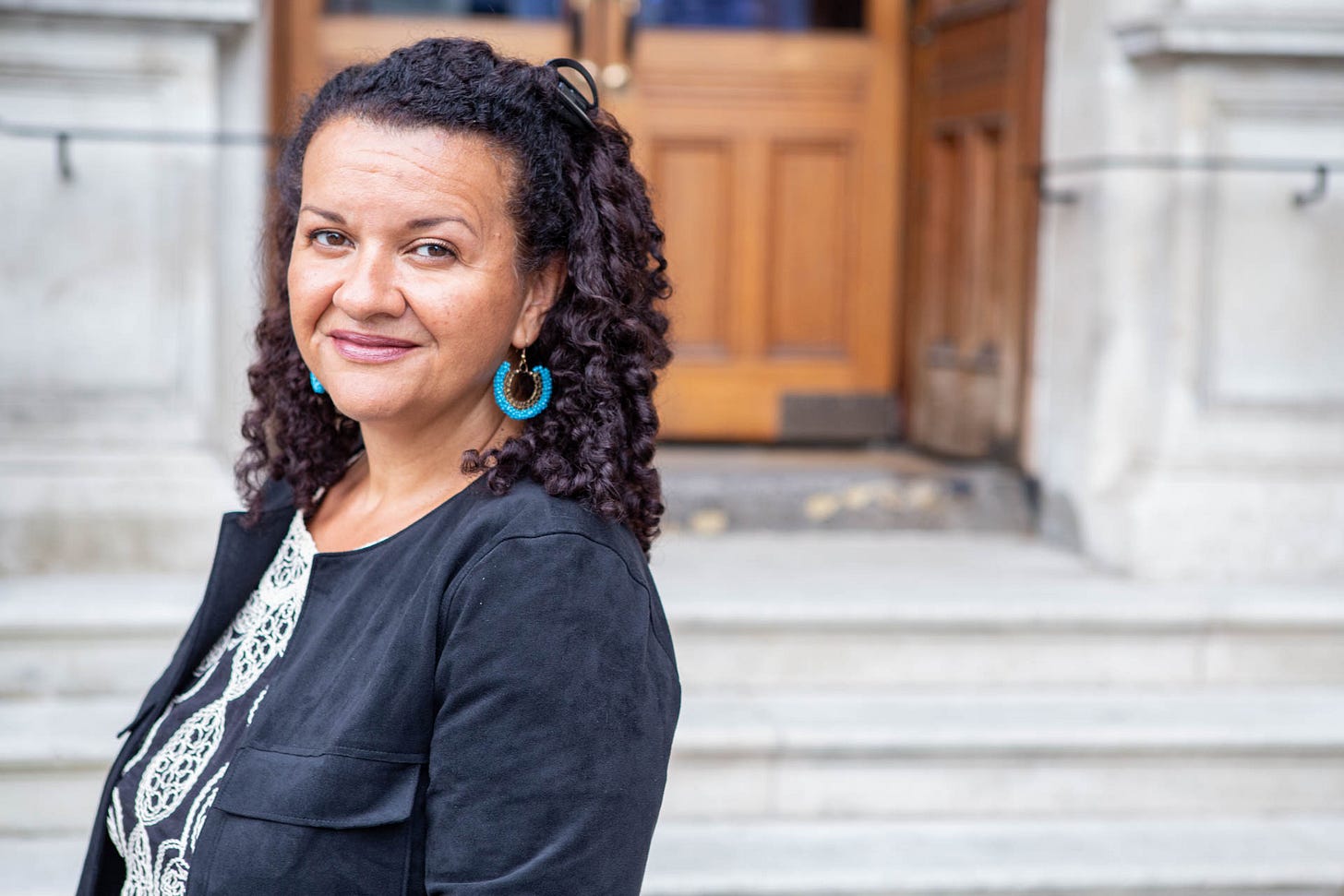Katy Massey: “I had no choice but to find identity within myself”
The author on why she won’t self-identify within structures designed by racists

Hi, welcome back to Mixed Messages! This week, I speak to writer Katy Massey, who is of Black Jamaican and White Canadian heritage. Katy is the author of Tangled Roots, an anthology of writing on mixed-race Britain, and her memoir Are We Home Yet?, which is about the sex industry, mental health and growing up in a white family. Katy has such a strong se…



